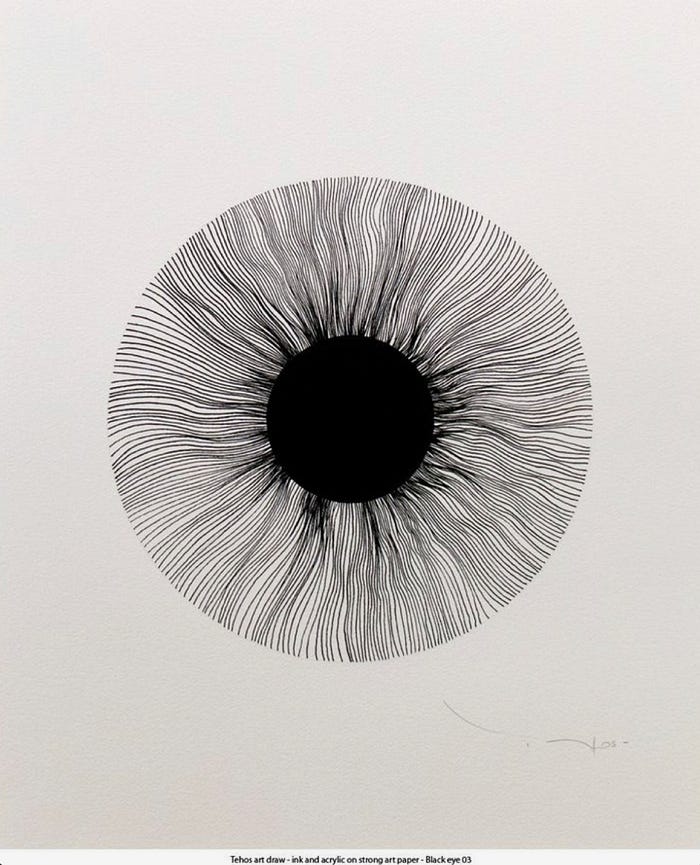Member-only story
Your Brain on Grievances Looks a Lot Like Your Brain on Drugs

If grievance is a form of addiction, then “your brain on grievances looks a lot like your brain on drugs.” That’s the argument laid out by violence researcher James Kimmel, Jr.
If the argument holds water, an expanded understanding of grievance retention (and possibly the victimhood culture that severe grievances pan out into) could shed new light on the “push/pull” dynamics that draw young people to extremist ideologies.
Kimmel is a lawyer and a lecturer in psychiatry at Yale University of Medicine, who believes the science of addiction can be used to understand grievances, retaliation and violent crime. Writing for Politico, Kimmel breaks down the parallels he has found in “brain biology” between substance addiction and grievance.
“Scientists have found that in substance addiction, environmental cues such as being in a place where drugs are taken or meeting another person who takes drugs cause sharp surges of dopamine in crucial reward and habit regions of the brain, specifically, the nucleus accumbens and dorsal striatum. This triggers cravings in anticipation of experiencing pleasure and relief through intoxication.
Recent studies show that similarly, cues such as experiencing or being reminded of a perceived wrong or injustice — a grievance — activate these…
